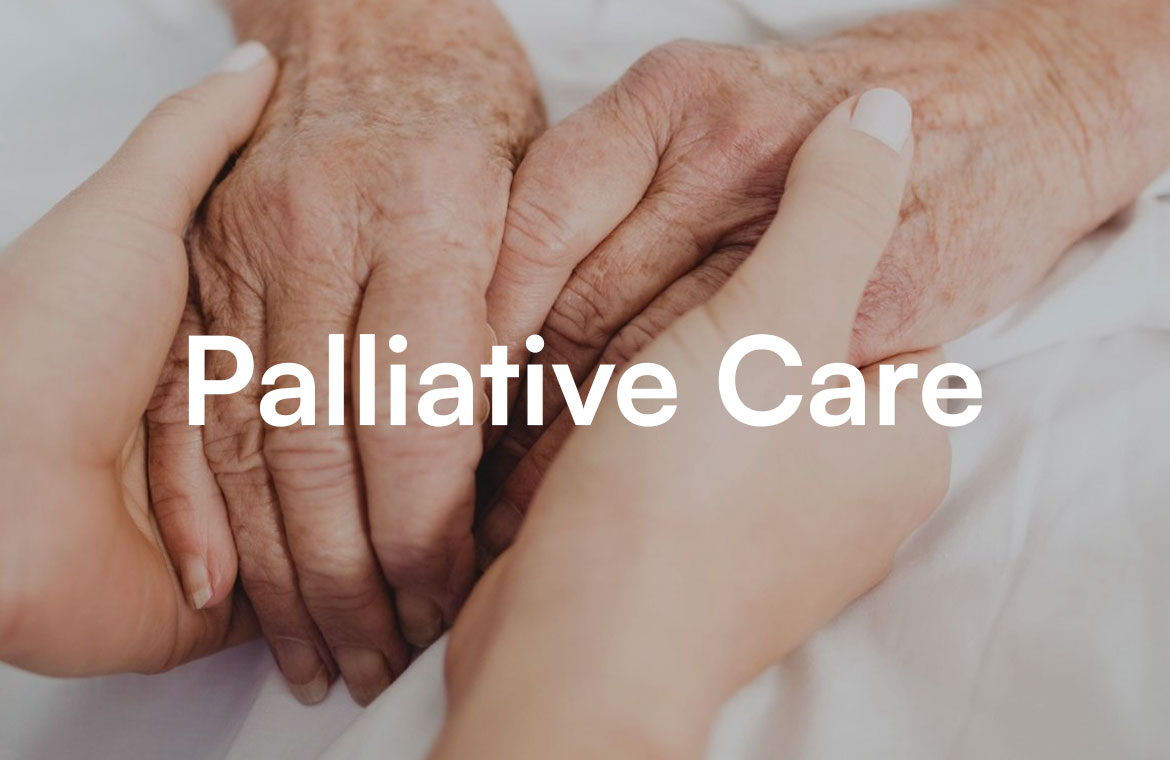In the wake of the second wave of COVID-19, I found myself working diligently as a Junior Resident at the prestigious Central Institute of India. During this time, an unforgettable patient story unfolded – one that illustrates the profound impact of healthcare disparities and the resilience of the human spirit.
Imagine a patient battling both Mitral regurgitation and Aortic regurgitation, despite having undergone Mitral and Aortic valve replacement surgery a decade earlier in 2008. This individual hailed from a humble lower-middle-class background, holding a Below Poverty Line (BPL) card. He was not just a patient; he was a devoted father, supported by his father, father-in-law, and sister, all standing by his side throughout his hospitalization.
Yet, our institute faced a stark reality – shortages of essential supplies and medications, leaving our patient with no choice but to procure them from external medical sources. Financially, this was an enormous burden, and our institute lacked certain critical diagnostic capabilities. Consequently, we had to resort to conducting some crucial tests at facilities like Lal Path Lab and others.
As time passed, the family’s financial resources dwindled to the point of desperation. Compounding this ordeal, the patient did not qualify for the Ayushman card, causing further delays in his much-needed surgery. We fought tirelessly, leaving no stone unturned in our quest to secure the Ayushman card and even contributing funds ourselves. Yet, fate seemed unyielding.
Then, on a particularly somber day, overwhelmed by despair and grappling with the relentless burden of heart failure, the patient made a decision that would shake us to our core. He chose to forego further medical treatment, not out of despair, but out of love for his family. He couldn’t bear to see them suffer any longer, and with a heavy heart, he opted for discharge against medical advice (DAMA).
This poignant tale serves as a stark reminder of the disparities that exist in our healthcare system and the urgent need for change. It underscores the importance of accessible and affordable healthcare for all, irrespective of their socio-economic background. Let us draw inspiration from this story to advocate for a healthcare system that leaves no one behind, ensuring that no family has to endure such heart-wrenching choices in the face of adversity.
Influencing Positive changes in Health care
- Universal Healthcare Access: Picture a world where healthcare knows no financial boundaries. It’s time we demand universal healthcare access for all, transcending economic disparities. Governments and healthcare authorities, your mission is clear: ensure every citizen enjoys comprehensive healthcare coverage, regardless of their financial standing. This isn’t just a recommendation; it’s a moral imperative.
- Fortifying Healthcare Infrastructure: The shortages faced at the Central Institute of India lay bare the vulnerability of our healthcare infrastructure during crises. The remedy is clear – substantial investments in healthcare facilities, advanced equipment, and abundant resources. Strengthening healthcare infrastructure is our shield against future uncertainties, ensuring timely and efficient care for all.
- Streamlined Health Insurance: The patient’s agonizing struggle for the Ayushman card demands immediate action. Let’s overhaul health insurance procedures, making them accessible and user-friendly. A simplified process ensures that those in need receive prompt financial support, eradicating unwarranted delays in vital medical treatments.
- Financial Lifelines: Recognize the financial plight of lower-middle-class families and those below the poverty line. It’s time to introduce targeted financial assistance programs. These lifelines will offer much-needed relief to families grappling with unexpected healthcare expenses, preventing them from reaching the brink of despair.
- Empowering Communities: Ignorance should never be a barrier to healthcare. Launch community health education initiatives, especially in underserved areas. Empower individuals and families with knowledge about available healthcare services and financial support options. Informed choices lead to healthier lives.
- Prioritizing Mental Health: The patient’s emotional ordeal and his heartbreaking decision to leave treatment shine a spotlight on mental health within healthcare. It’s high time we integrate mental health services seamlessly into patient care. Let’s address the psychological trauma that patients and families endure during medical crises.
- Advocating for Equity: Stories like this one should ignite a fire of advocacy for healthcare equity. Public health champions, policymakers, and advocates, seize this narrative to rally for change. Raise awareness about healthcare disparities and be the driving force behind policy reforms that guarantee equal access to healthcare services.
Influence begins with awareness, and now that you’re informed, it’s time to influence. Join the chorus of voices demanding a healthcare system that transcends barriers, serving every individual’s well-being, regardless of their socio-economic status. Together, we can turn these recommendations into a reality, forging a brighter, healthier future for all.
References-
- World Health Organization. Universal health coverage. 2013.
- World Health Organization. Department of Mental Health, Substance Abuse, World Health Organization. Mental Health Evidence, Research Team. Mental health atlas 2005. World Health Organization; 2005.




